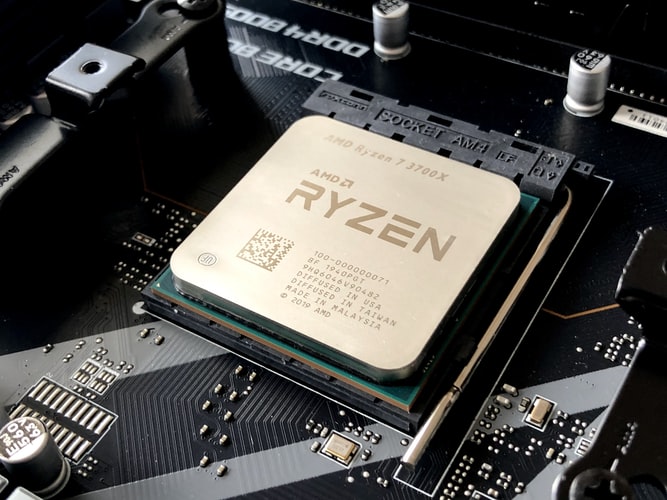Electronic Component Shortage update
The ongoing electronic component shortage is one of the biggest challenges global supply chains face today. With demand for many components, from chips to actives and passives, well and truly outstripping supply.
A lot has happened in the last month, with new research and analyst insights pointing to when demand might ease (hint: it won’t be this year).
Here’s your latest electronic component shortage update:
Chip lead times hit all-time high
According to Susquehanna Financial Group, chip lead times hit an all-time high of 21-weeks in September, up from 20.2 weeks in August and 18 weeks in July. However, in a research note, Susquehanna analyst Chris Rolland said that while lead times for some chips got worse, lead times for others like power management chips saw relief.
Gartner says global chip shortage will persist until Q2 2022
Gartner predicts the global semiconductor shortage will persist through Q1 2022 but recover to normal levels by the second quarter of 2022. They rate the current shortage as moderate and the shortages of early 2021 as severe.
Chipmakers should brace for ‘oversupply’ in 2023
Analyst firm IDC predicts that the global chip shortage may well turn into an oversupply situation in 2023, sending prices diving. They say the industry will see normalisation by the middle of 2022, with a potential for overcapacity in 2023.
EU pushes for chip sovereignty
The EU will legislate for chip sovereignty with the forthcoming “European Chips Act”, bringing together the EU’s semiconductor research, design, and testing capabilities, so that EU countries can make demand meet supply as one nation. “Europe cannot and will not lag behind,” the EU said in a statement on the Chips Act.
Ford Europe predicts chip shortages could continue to 2024
In an interview with CNBC, Ford Europe chairman of the management board Gunnar Herrmann estimated the chip shortage could continue through to 2024.
Tesla’s China output halted on chips shortage
Tesla temporarily halted some output at its Shanghai factory for four days in August due to the chips shortage, shutting part of the production line for electronic control units (ECUs), a small but significant action that cost it millions in revenue.
New forecast says chip shortage to cost car industry $210 billion
The total estimated cost of the chips shortage to the car industry keeps rising, with a new report from AlixPartners predicting a global cost of $210 billion. This is nearly double what their first report predicted in May ($110 billion).
Counterfeit chips penetrating the supply chain
As a result of the chips shortage, some manufacturers are turning to riskier supply channels, leaving themselves vulnerable to counterfeits. As ZDNet reports, this puts low-volume manufacturers whose supply chains are less established at risk.
If you are worried about counterfeits in your supply chain, read our 8 Step Guide To Buying Electronic Components With Confidence and Avoiding Counterfeits.
If you are struggling to find those hard to find and obsolete components. Contact Lantek corporation today. Call 1-973-579-81000, email sales@lantekcorp.com or visit our website https://www.lantekcorp.com/


